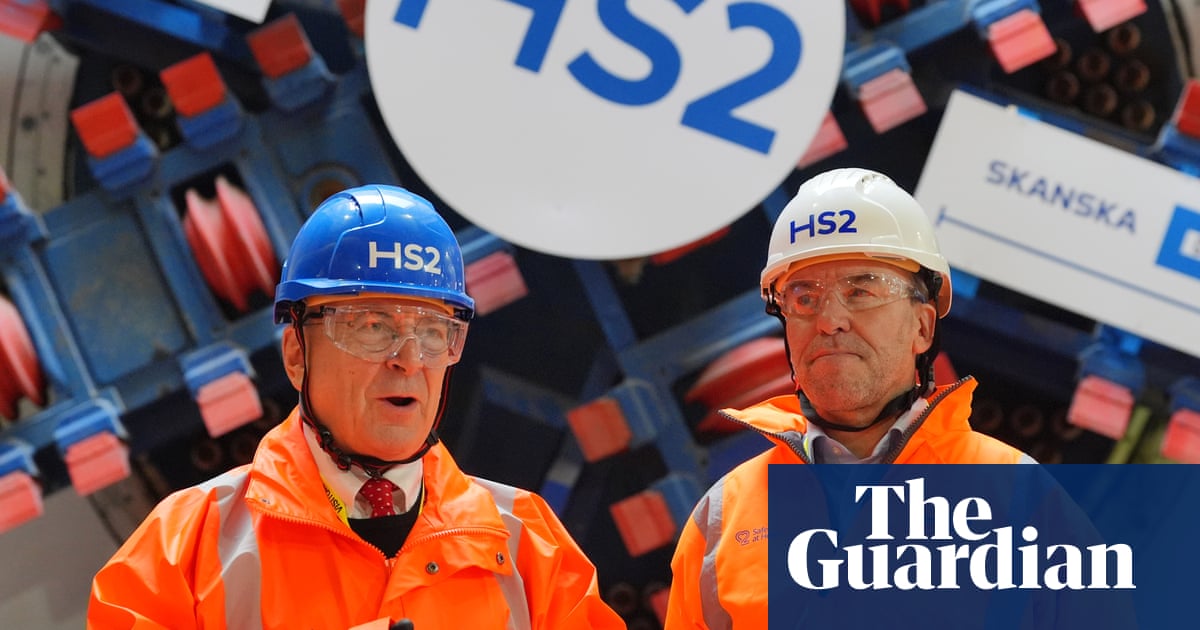
"The bottom line is that, at the notice to proceed, the contractors could not price the risk. What we're seeing is the crystallization of risk: they should have cost 19.5bn, and we've already spent 26bn and we're just over halfway done."
"Covid and inflation caused by Russia's invasion of Ukraine had both had a significant impact on time and costs, but HS2 had failed to manage costs."
"The rush to start work in 2020 without balancing the risks in the contracts was the major reason for costs spiraling upwards."
"Wild's advice led to a statement that there was no route to full HS2 services until after 2033."
HS2 construction contracts were initially priced at 19.5bn but have already reached 26bn with construction just over halfway complete. Civil engineering work for the high-speed rail line is only 60% finished, and only a third of the overall project is done. The rush to begin work in 2020 without adequately assessing contract risks contributed to rising costs. Adjustments are being proposed, including resetting schedules and renegotiating contracts. Influence from Covid and geopolitical factors also affected project timelines, with full services unlikely until after 2033.
Read at www.theguardian.com
Unable to calculate read time
Collection
[
|
...
]